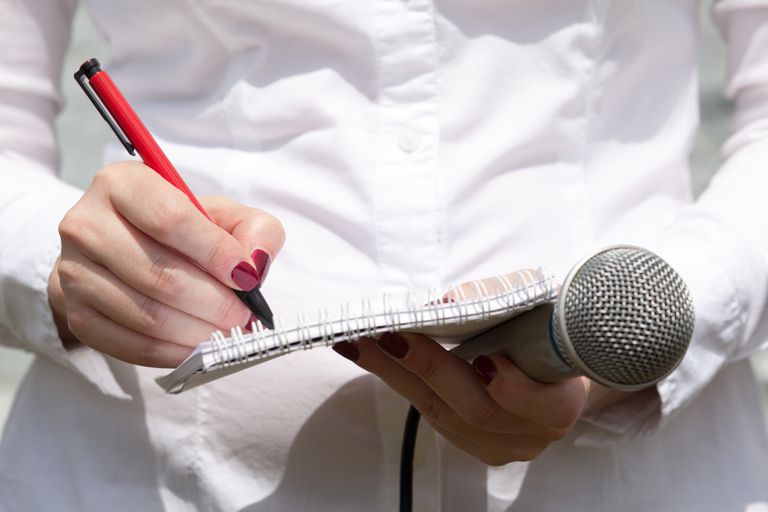By Faiswal Kasirye
As crazy as it may sound, no journalists will be one if they dont have an inborn sense of justice. There is no profession with as many quacks and counterfeits as journalism.
Fake journalists are everywhere. They are in governments, NGOs, the academia, they are all over the place. This comes from the belief that anyone can be a journalist, and that you dont need any special skill, so long as you can write, point a recorder or your own phone in front of someone and press the recording button, or even just point a camera in front of a prominent person and start recording as well.
As we celebrate World Press Freedom Day today, let me take the liberty to reflect on journalism and the quacks who sully its face.
The purpose of a column is not always to break news or to provide new ground breaking information. Sometimes a good column is a diversion for both the reader and the writer from serious journalism business.
Many times people have the wrong expectations in that they expect every piece of journalism to be a seminal examination of a serious issue. This is, for example, common in the academia and in universities that expect each piece of journalism right now to contain the blueprint for COVID-19 vaccine and the likes of measures that talk about the same.
However, there is a difference between an academic thesis and journalism, and that is why journalism doesnt always have to have a point: it is the point itself.
Our favourite columnists these days are all inclined on writing information regarding this current pestilence. I dont think they have written many new things apart from adding a few lines or ideas from their previous writings. For example, I find most of their opinions outrageous but still, they remain their opinions.
What is journalism?
I would not advise anyone to only read your columnist or favourite writer to understand journalism; it may be wise to mix serious writers with a smattering of other pukes if you want to learn new things.
There is a secret ingredient to great writing and Ill describe it like this: it is the Latin guitar in songstress Madonnas œLa Isla Bonita, more likely to bring a lump to your throat than all the pain in the world and as glorious a surprise as the harmonica in Tina Turners œWhats Love Got to Do with It; the smoky voice, the wild hair, the endless legs, the pink-lipped scowl, the stage strut ¦ how does all this prepare you for that sound?
But I digress. In my earlier days while I was starting out, I was brought into journalism as a freelance by a local newspaper called The Daily Monitor. My father used to buy both the Daily Monitor and The New Vision which were the leading dailies then. I suspect that both of us struggled a little with all those English vocabularies that we were seeing in there on a daily basis and therefore became interesting to read.
The story was about Cuba and Fidel Castro, which would have appealed to my father, who, I think, was a Marxist.
Who is a journalist?
Well, in general, lawyers dont make good journalists. They are verbose and get taken in by their own cleverness. Journalism is the science of accurate simplification and lawyers have a difficult time finding œvoice because they want to like dealing only with facts.
Dont get me wrong. There are lawyers who also double as great writers. They do it with a beautiful, clean, natural and spare precision. It is not just linguistic competence; it comes from a place of intellectual clarity and decency.
As we are always taught in journalism classes, a professional journalist has to be impartial, fair, independent and accountable to what they do and write. These values are what professionally guide the business of a day today journalist.
Sixth sense
You will never be much of a journalist if you dont have an inalienable inborn sense of justice, the courage to be unpopular and disliked and an instinctive willingness to gravitate towards the defence of the underdog.
You must love people, have a great sense of community and a willingness to fight lost causes, make sacrifices without expectation of reward and throw your own interests down the toilet for the benefit of people who many times despise you.
Great journalists are not pragmatic; they have a naive, almost suicidal belief in the truth and integrity.
For that alone, it shows that journalism is not a good place for illiterate people; it requires an ability to assimilate large amounts of information, make fast logical connections and detect suspicious discontinuities.
Values
We attach values to journalism and they often come off as œnose for news or sixth sense for lies. Nearly every person who comes up to you has a fictional story; the job of the journalist now becomes that of spotting it quickly and putting it to its misery.
Journalism is good for obsessive personalities, the type who can go after something with total absorption and commitment for months.
During my first days of journalism, I remember a team of photographer and reporter who covered a social scene and for years every day, you would meet them energetically traversing the city from function to function in the middle of the night, drinking soda and grinding through an endless supply of nuts while chasing that particular story.
Its a different society today and I presume it calls for a different set of skills but, not I hope, values.
Happy World Press Freedom Day, friends and colleagues in the profession.***
